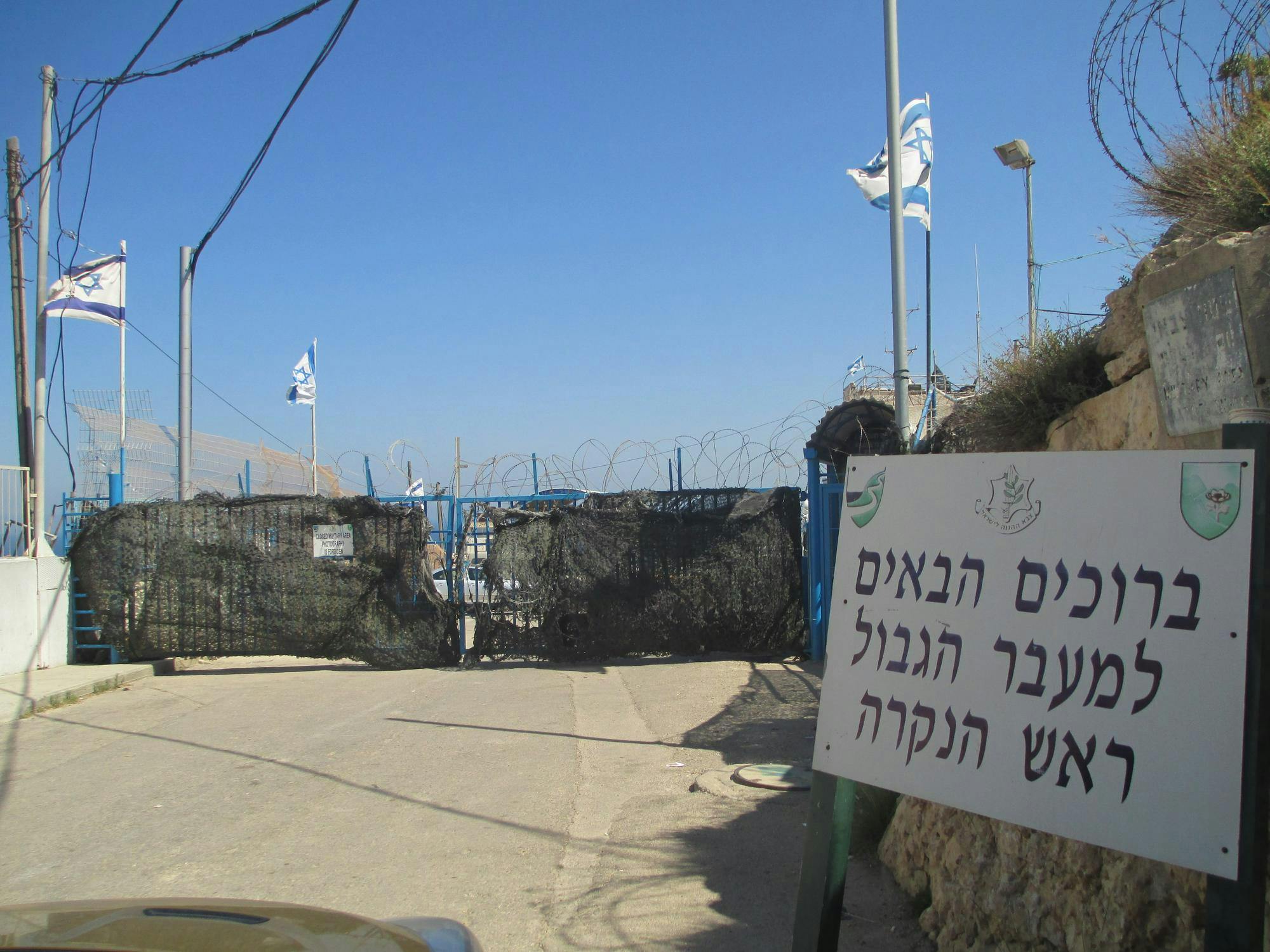The jets whistled over south Beirut on Jan. 2, 2024. For the first time since 2006, Israel had bombed Lebanon’s capital. Israel broke the rules of the game, going beyond southern Lebanon and targeting Beirut in an operation reminiscent of the 1982 and 2006 Israeli-Lebanese Wars. Since Oct. 7, the southern border of Lebanon has stood on the brink of war with continuous rocket exchanges between Hezbollah and the Israeli military.
Since 1978, the Shiite organizations Hezbollah (Party of God) and Amal (Hope) have dominated Shiite politics within Lebanon. Hezbollah, the most powerful party, rose to prominence during Israel’s 1982 invasion of Lebanon and subsequent 18-year occupation of the south. Through Iranian funding, Hezbollah gained greater control over Shiite politics, and this control was further legitimized once Hezbollah became the only legally armed militia in Lebanon. Because of the military power Hezbollah holds, as well as the Islamist nature of the party, the Hezbollah-Amal coalition has left little room for viable opposition within Lebanese politics. While most critics of Hezbollah tend to be Christian groups like the Lebanese Forces led by Samir Geagea, the threat of another Israeli-Lebanese war has led to the creation of anti-Hezbollah Shiite groups. Though Hezbollah’s supporters peg critics as traitors, these groups are simply critical of Hezbollah’s penchant for war and are not supportive of actors like Israel.
Taharror (Liberation) and Shiites Against the War are some of the opposition groups founded in response to Hezbollah’s attacks on Israel. Their formation represents the collective trauma of the Lebanese people, particularly of the majority Shiite south. Taharror, founded by Shiite politicians Ali Khalifeh and Hadi Mrad, has become the leading voice of these groups. Khalifeh previously ran as an independent against Hezbollah in 2022 and, since the start of the clashes on the border, has been vocal in his criticism of Hezbollah. Khalifeh brands Hezbollah’s campaign as part of an Iranian agenda to incite war against Israel. Other groups like Shiites Against War have repeatedly highlighted the current impacts of the rocket exchanges on the border, as well as the destructive potential of a war with Israel. On Nov. 1, 2023, these sentiments rang true. One Facebook post called out to Hezbollah’s leader: “Please, Sayyed [Nasrallah], don't drag Lebanon into destruction.” The groups make it clear that Lebanon cannot afford another war, and it would be irresponsible for Hezbollah to provoke one.
While posts like these often receive hundreds of likes and impressions online, these groups offer little threat to the Hezbollah-Amal grip on Shiite politics. Hezbollah has been able to dominate politics through its use of Islamism, Lebanese defense and political suppression. Hezbollah's use of Shiism in politics comes naturally to the group as it remains the only Shiite Islamist party in Lebanon; this is a barrier that opposition groups have so far been unable to overcome. Hezbollah’s Islamism is intrinsically tied to Iran. They consider Iran’s Supreme Leader, Khomenei, to be the earthly representative of the Messianic Twelfth Imam in the Twelver Shiite doctrine. Taharror has attempted to challenge this religious niche by tying itself to clerics opposed to this policy, like Ali al-Amin, the former Mufti of Tyre. However, Taharror’s politics are based on liberalism, a movement diametrically opposed to Islamism; thus, Taharror cannot appeal to the majority of religious Shiites in the region.
However, the greatest challenge for these opposition groups is the reality that Hezbollah is Lebanon’s only defender against Israeli aggression. When Israel withdrew from southern Lebanon in 2000, popular support for Hezbollah grew as many believed the withdrawal came about because of Hezbollah’s military actions. Since then, Hezbollah has remained in many people’s minds the sole deterrent to an Israeli invasion, mainly because the Lebanese military is inept. For many, greater than the fear of war is the fear of another Israeli occupation, and Hezbollah’s history of standing up for Lebanon acts as a trump card over most legitimate opposition. Thus, while these grassroots organizations provide necessary opposition to Hezbollah, they will be weak until Hezbollah loses its moniker as Lebanon’s defender. Taharror has made strides in parliament, as its prominent members take meetings with opposition leaders to strengthen their coalition. Still, I doubt the party will make strides within the Shiite community as its leader had lost his election just a year prior.
With critics of Hezbollah’s resistance labeled traitors — or worse, made assassination targets — an indigenous Shiite opposition has never been more crucial. After all, Hezbollah does not represent all of Lebanon, and opposition groups show Hezbollah doesn’t even represent all Lebanese Shiites. However, for this anti-Hezbollah opposition to grow, another organization must prove that it can defend Lebanon. Until then, Hezbollah can hold a policy entirely separate — or even opposed — to the Lebanese national interest and still remain in power.






